Hospital gets patients ready for ops with workouts
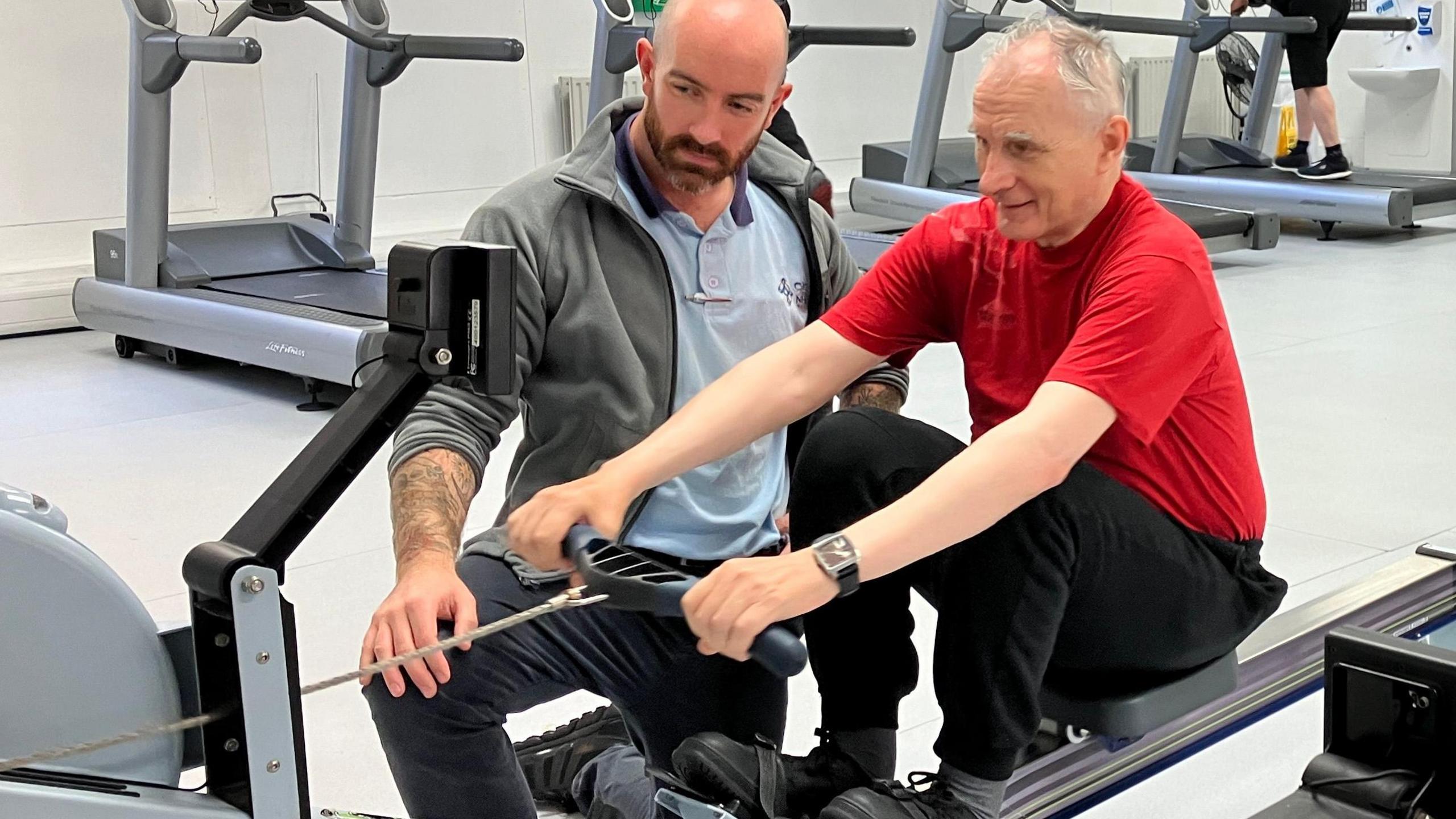
"Prehab" is believed to help patients recover from surgery faster
- Published
Hospital patients are being offered intensive workout programmes to get them fit for major operations.
The "prehabilitation" service run by Betsi Cadwaladr Health Board has been used by more than 200 patients since it was set up a year ago following a successful pilot in 2019.
Patients attend three gym sessions a week in the month before undergoing surgeries, which alongside dietary advice is thought to help improve recovery times.
The gym was funded by Wrexham's Shooting Star Cancer Support charity, and the health board said "prehab" had halved post-surgery complications and reduced hospital stays.
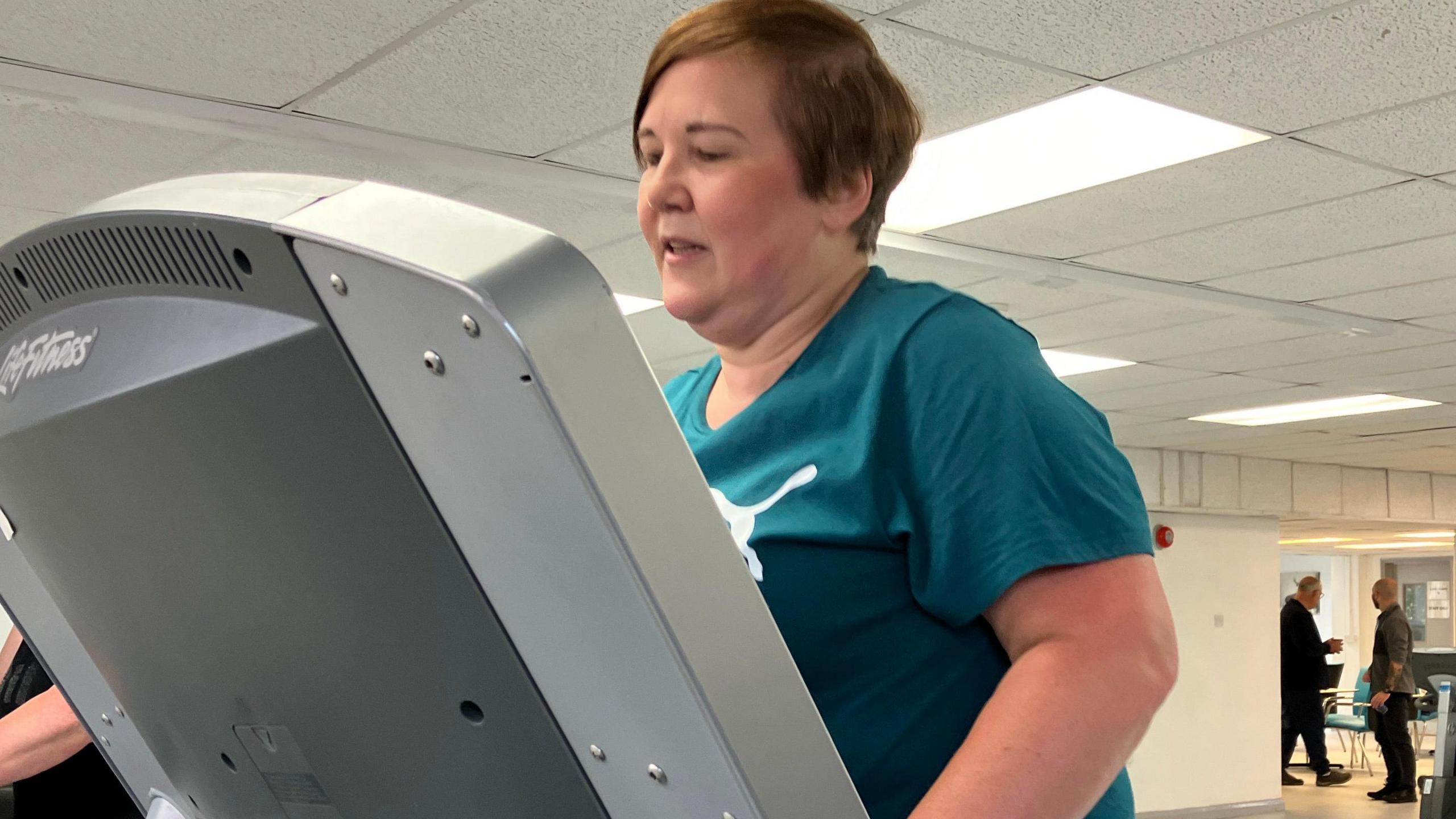
Patient Tracey Griffiths says she was nervous about attending
Tracey Griffiths, in her second week of prehab ahead of major surgery to treat her endometrial cancer, said her initial fears about hitting the treadmill were put to rest by staff.
"I was very nervous because I've not been to a gym and I was thinking: 'Oh, God' as I'm a larger lady," said Ms Griffiths, from Brymbo, Wrexham.
"But they make you feel welcome, they're brilliant."
She said she wants to improve her physical and emotional resilience, adding: "I'm hoping that it'll build strength and help me mentally because I was very anxious about the surgery."
Prehab is designed for those with additional risk factors. Patients leave hospital two-and-a-half days earlier on average and readmissions are also decreased.
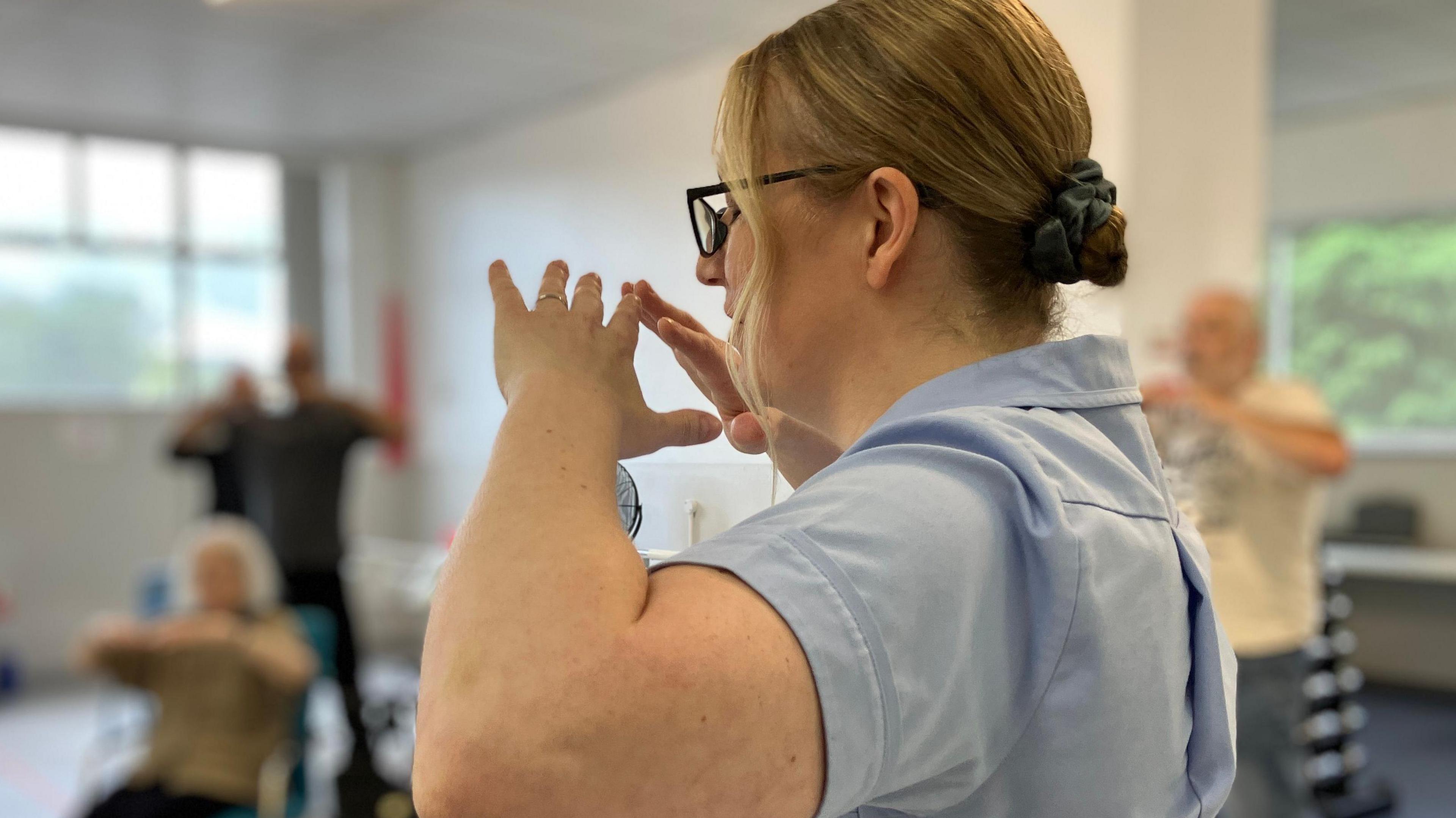
Tai Chi is one of the skills being taught in the workout classes
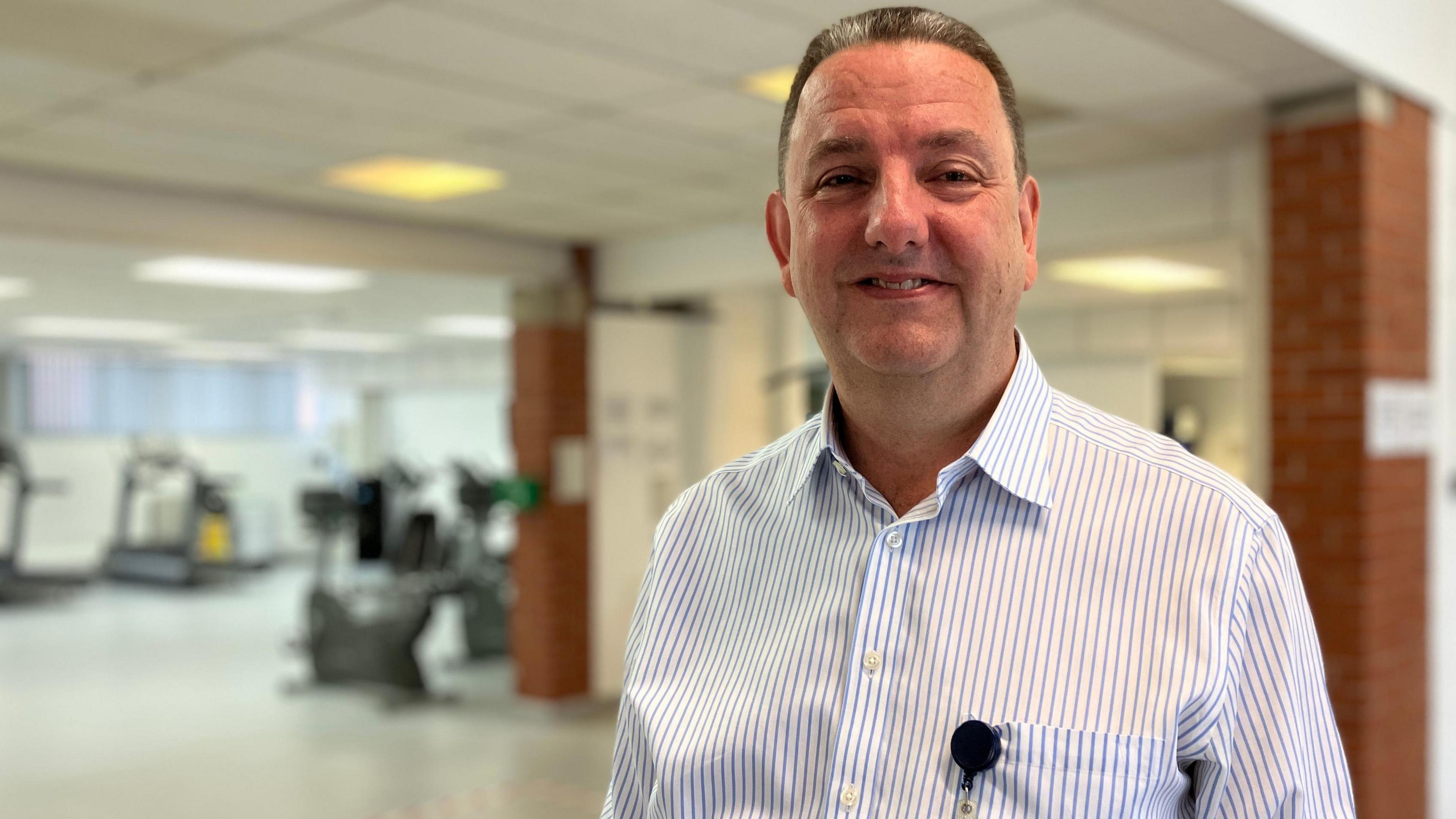
Dr Neil Agnew describes major surgery as the equivalent of running a marathon
Consultant anaesthetist Dr Neil Agnew said people often do not appreciate how much of a toll surgery can take.
"Major surgery has been linked to things like running a marathon," he said.
"We do high-intensity exercise. We look at their nutrition and diet to get that optimised as well.
"Psychology is also really important. These patients have had a cancer diagnosis so they've got to come to terms with that, but also get themselves ready for this big operation."
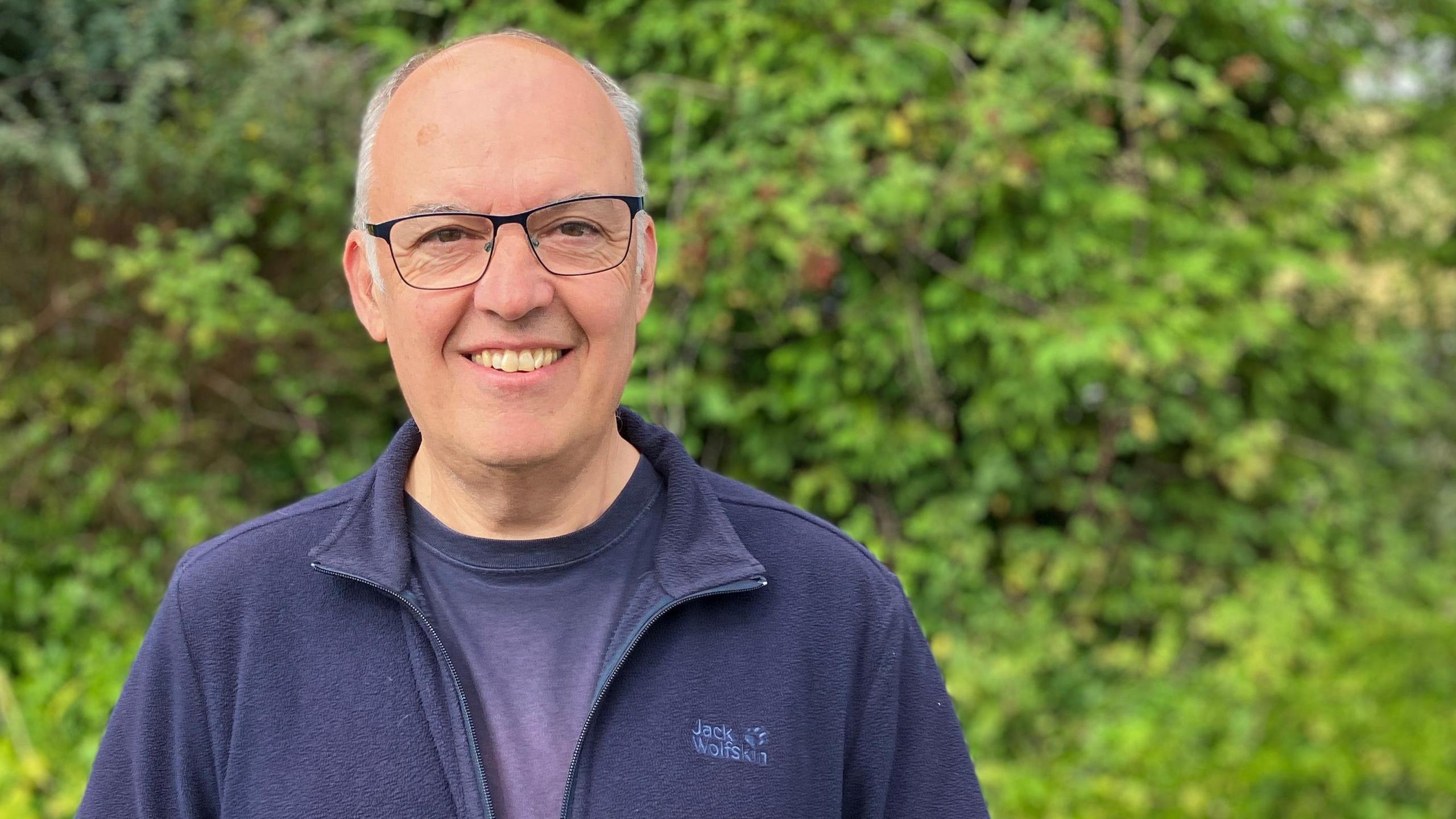
Jeremy Norton, who had a bowel cancer diagnosis, says the service gave him back control
Jeremy Norton, 63, who has been through the whole process is still using tips he learned in prehab even post-surgery.
Mr Norton, from Broughton, Flintshire, said his bowel cancer diagnosis last December came as a shock.
"It was a time when my life went upside down, really. It was a time of great uncertainty, everything else was out of control, I just thought this was something that I could control, something I could do for myself to get me stronger."
He found it helpful to be exercising alongside others going through their own health issues and that his recovery was much faster as a result.
"I was out of the hospital in five days which I didn't expect," he said.
"In on the Thursday, out on the Monday and back at work in four weeks.
"So I put that down to prehab - the strength it gave me was part of that recovery process."